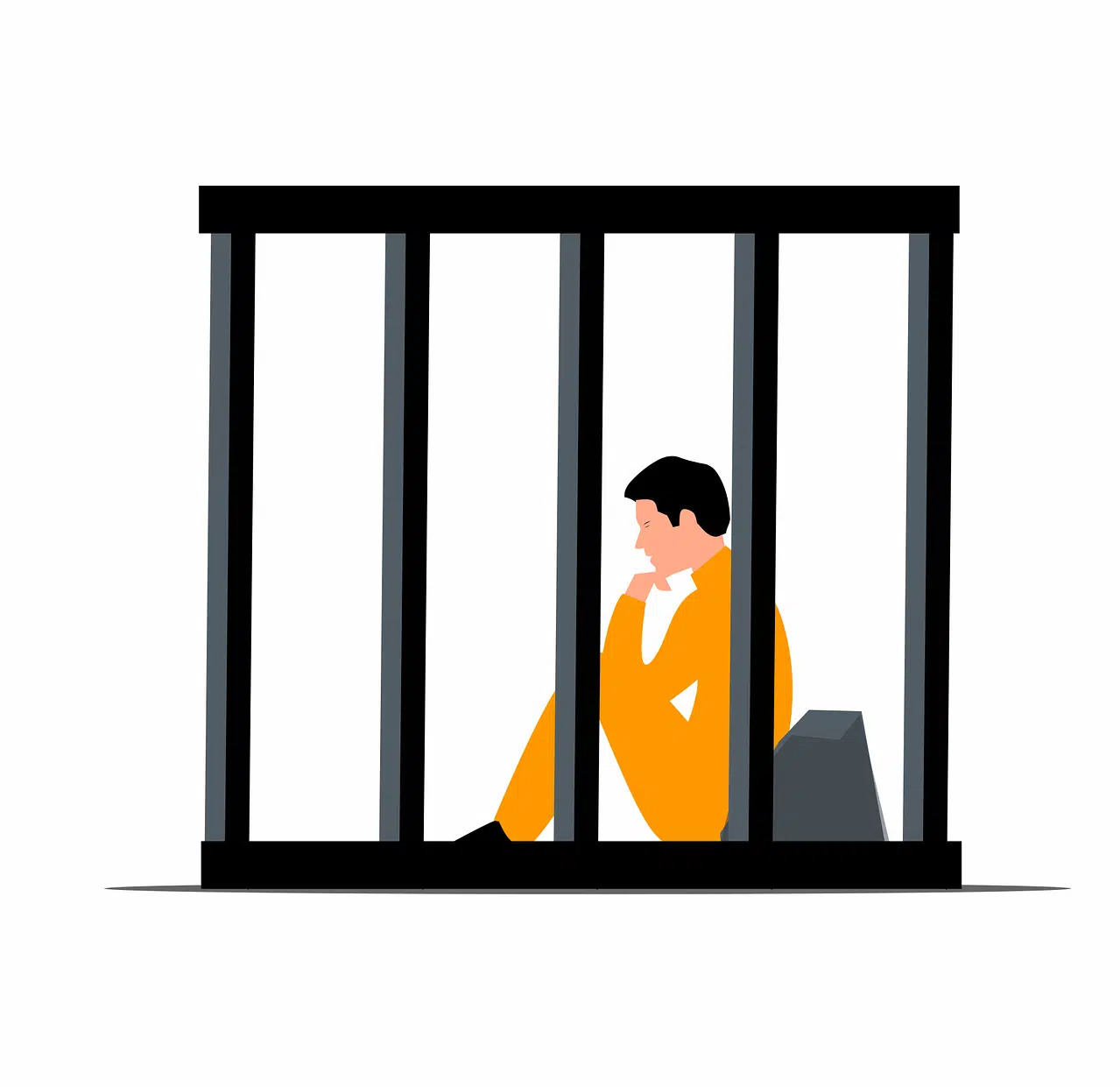
Resocialization is the process that allows a person to reintegrate into society.
Resocialization is a concept that is not part of the dictionary of the Royal Spanish Academy ( RAE ). However, the word socialization does appear as the process and result of socializing (the promotion of conditions that contribute to the development of people).
If we take into account the inclusion of the prefix re- , we can affirm that resocialization consists of re-socializing . The idea refers to the reintegration of an individual into society , after they were marginalized for some reason.
What is resocialization
Society is generally understood as a network in which a group of people is framed. It is said, in this sense, that a subject is marginalized from society when he or she does not have the resources or capabilities to function autonomously in the community, lacks access to public services, etc. It is also understood that a person is outside of society when they violate the common good or do not share its values .
Resocialization, in short, is the process that seeks to enable a person to reintegrate into society. Those who were convicted of a crime and were deprived of their liberty as punishment must go through various stages of resocialization to be included in the system again.

The resocialization of those who are in prison is very important.
The function of the prison
It is assumed, in this way, that the permanence of an individual in prison is part of a resocialization process . In the first instance, the convicted person is punished and removed from society. Some time later, however, he will have to reintegrate.
Those responsible for the penitentiary center, therefore, must carry out a series of functions that include psychological assistance and training so that the inmate, upon regaining freedom , can develop and is not once again a dangerous component of society.
It is curious that the custodial sentence continues to be the sanction par excellence against any person who breaks the laws despite the fact that in most countries the general perception indicates that the penitentiary system does not function properly, it does not offer a true solution to crime nor does it provide useful opportunities for prisoners to re-enter the system once they have served their sentence.
Psychological assistance for resocialization
Psychological assistance in prison is essential, since many of the inmates have very delicate emotional backgrounds for some of the following reasons, among many others: they come from families in which they have always felt displaced and unloved; They have had to forcibly leave their country due to lack of opportunities; they suffer discrimination based on ethnic issues; They have lived on the streets for a long time; or they do not have enough training to access a good job and that pushes them to suffer all types of labor abuses.
Being locked in a cell, deprived of the freedom to leave the building to shop, watch a movie or read a book in the park is much more difficult to overcome than what is perceived from the outside; Like many other things in life, we don't value freedom enough until we lose it. When there are psychological problems that prevent correct and healthy development in society, being forced to share a small space for months or years is not exactly a tempting dish.
Among the problems that prison psychologists must address are suicide attempts, which often begin with the belief that once the period of confinement is over there will be no future . Let us not forget that many individuals lose their jobs, their homes, and their relationships when they are sentenced to prison, which is why the resocialization process must largely focus on preventing these events from preventing them from getting up and moving forward with their lives .
